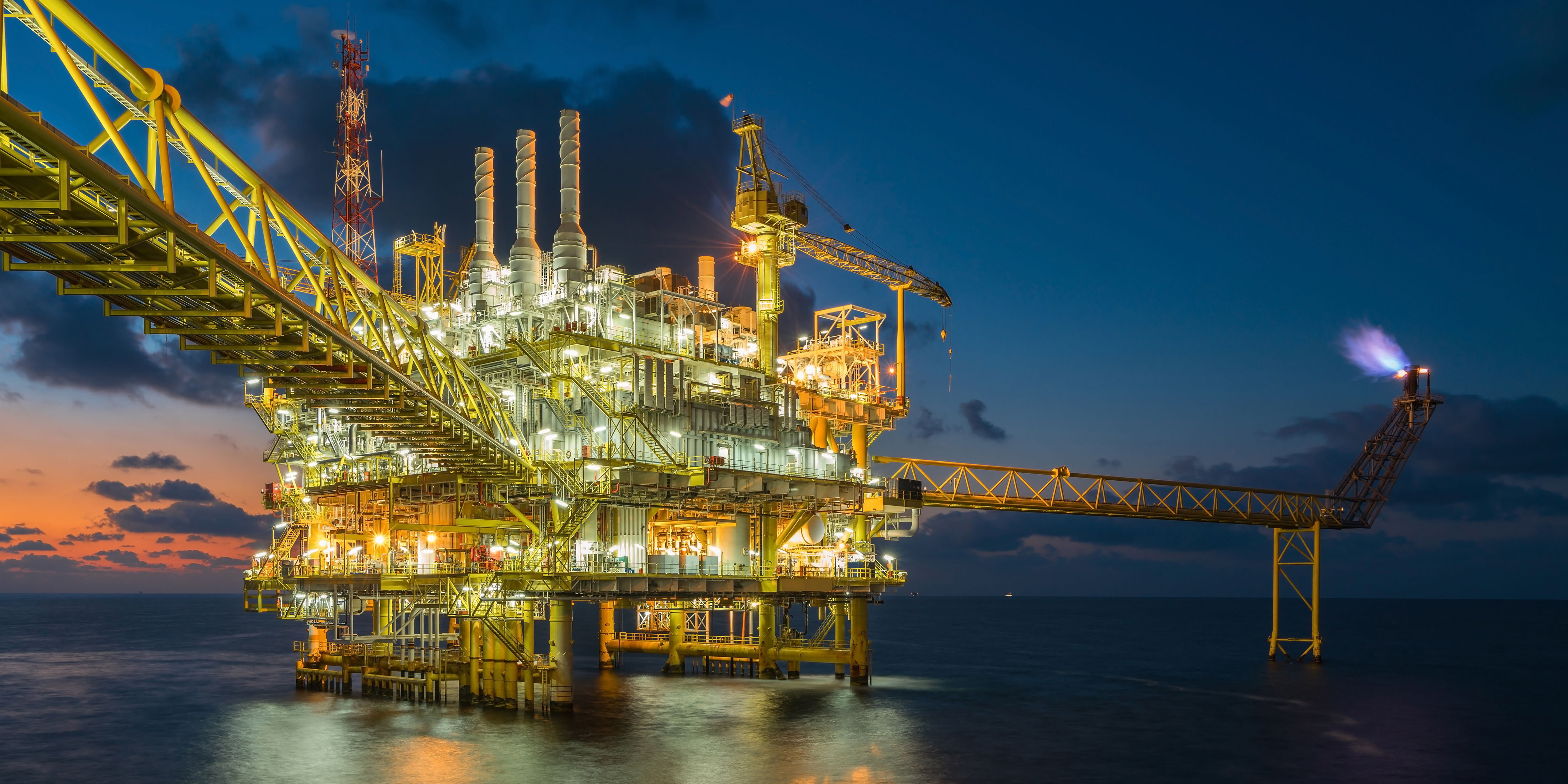US supermajors ExxonMobil, ConocoPhillips and Chevron are leading a pack of international oil companies (IOCs) that risk stranding over $1 trillion in assets over the next decade due to the slow pace of their shifting of capital into renewable energy projects, according to a new report from Carbon Tracker.
The financial think-tank said IOCs have “not woken up to the ‘seismic implications’ of the International Energy Agency’s finding” that investment in new oil and gas developments must be halted immediately if global heating is to be limited to 1.5°C above pre-industrial levels, which would result in production cuts of “50 percent or more” for half of world’s 40 largest listed oil and gas companies.

ConocoPhillips is the oil major “most exposed” to such production collapses as it is facing a drop of 69 percent.
It is followed by Chevron (52 percent), Eni (49 percent), Shell (44 percent), BP (33 percent), ExxonMobil (33 percent) and TotalEnergies (30 percent).
Carbon Tracker, in its report ‘Adapt to Survive: Why oil companies must plan for net zero and avoid stranded assets’, warned IOCs continue to “bet against” global climate action, spotlighting some $18bn of investment approved in 2020 in major projects that are “not even consistent with limiting warming to 1.65°C”, while even IOCs with net zero commitments, such as Eni, Shell, BP, TotalEnergies and Equinor, are still planning to explore for new hydrocarbons.
“Oil & gas companies are betting against the success of global efforts to tackle climate change. If they continue with business-as-usual investment they risk wasting more than a trillion dollars on projects which will not be competitive in a low-carbon world,” said Mike Coffin, head of oil, gas and mining at Carbon Tracker, pointing to $70bn of Exxon’s planned capital expending being in the frame to be stranded in a “low-carbon world” by 2030.
“If the world is to avert climate catastrophe, demand for fossil fuels must fall sharply. Companies and investors must prepare for a world of lower long-term fossil fuel prices and a smaller oil and gas industry and recognise now the risk of stranded assets that this creates,” he said.
In total, “more than $1trn of business-as-usual investment is at risk”, according to Carbon Tracker’s calculations, including $490bn in shale/tight oil projects and $200bn in deepwater projects.
Carbon Tracker associate analyst, Axel Dalman, said: “In general, no new projects and a rapid decline in production could deliver a serious shock to company valuations, as new project options are rendered effectively worthless and future cashflows are reduced. Lower equity valuations would in turn increase the cost of capital and insolvency risk.
For more information visit www.carbontracker.org
Do you have any news articles you would like to submit? Please contact Tracey Sansom: tracey@tankstoragenewsamerica.com
















